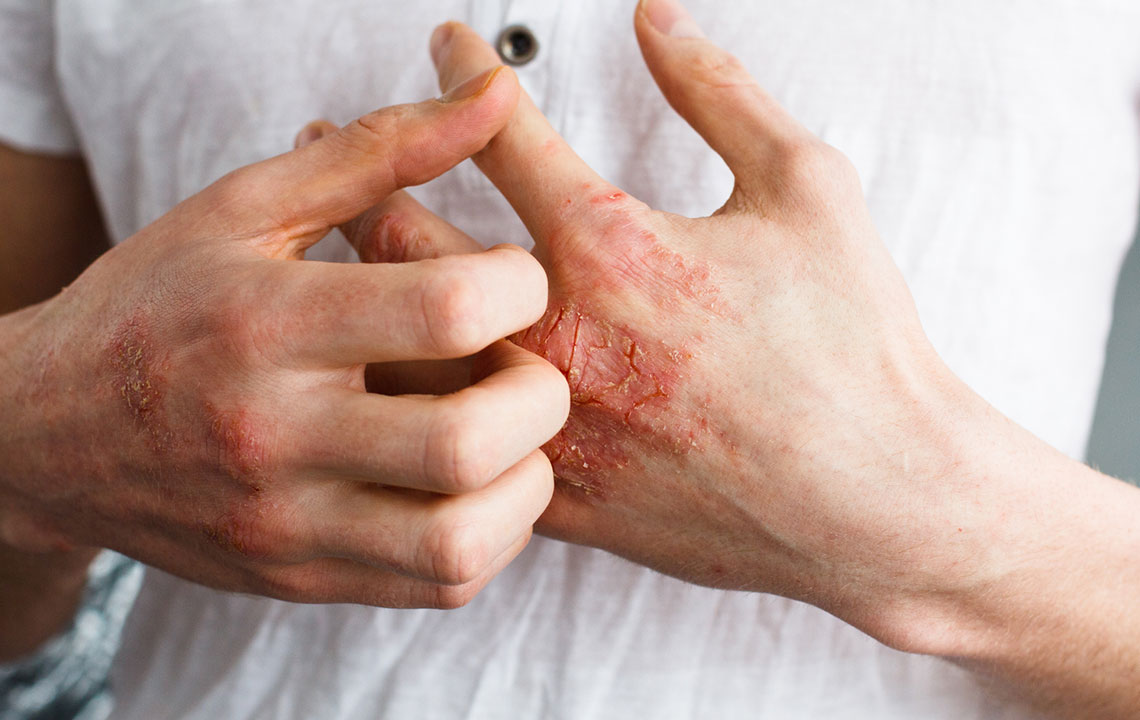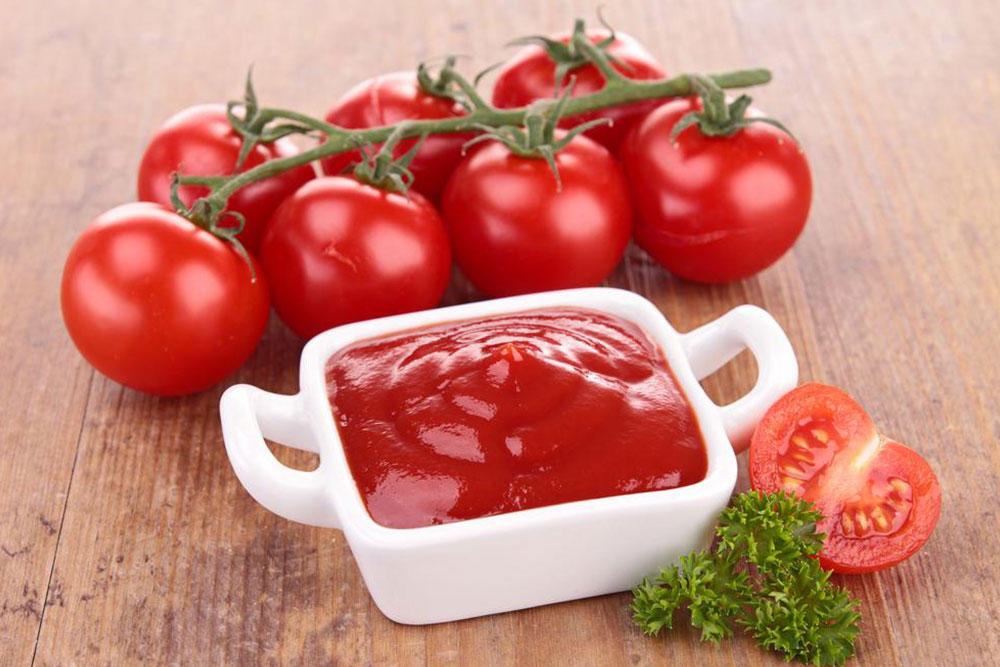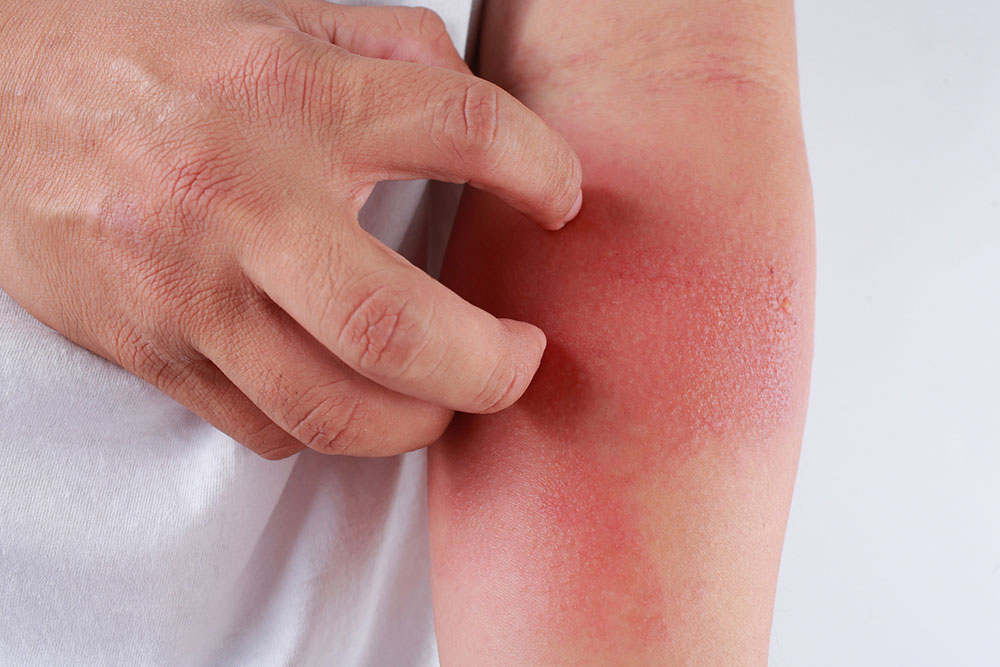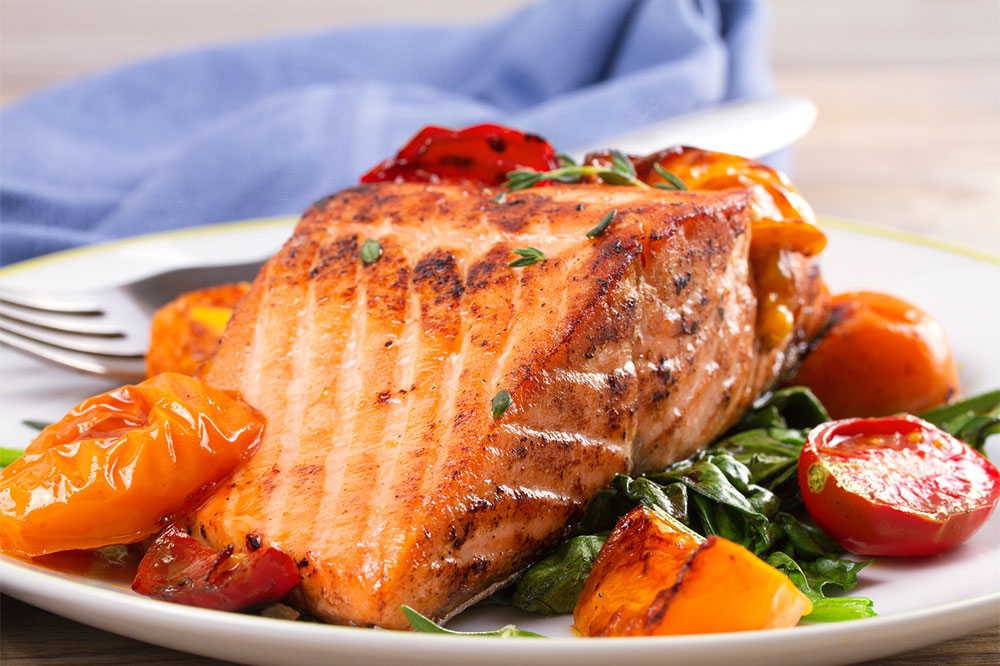Nutrition Strategies to Alleviate Eczema Symptoms
Discover effective dietary strategies to soothe eczema symptoms. This guide covers omega-3 fatty acids, quercetin-rich foods, probiotics, and elimination diets that can help reduce inflammation and flare-ups. Avoiding triggers like processed foods and allergens is also emphasized for comprehensive management. Incorporate these nutritional tips to support healthier skin and improve quality of life alongside medical care.
Sponsored

Eczema is a chronic skin inflammation characterized by irritation, blisters, and itchy rashes. Over time, affected skin can become thickened and leathery. It is especially common among children and can be influenced by genetic and environmental factors. Food allergies may also play a role in flare-ups. Avoiding triggers such as dairy, eggs, soy, gluten, nuts, fish, and shellfish can help manage symptoms. Incorporating eczema-friendly foods and dietary adjustments may serve as effective complementary approaches to treatment.
Explore these dietary options that may help reduce eczema symptoms:
Omega-3 Rich Fish
Consuming fatty fish like salmon, mackerel, herring, sardines, and albacore tuna, which are high in omega-3 fatty acids, can help decrease inflammation. Omega-3 supplements are also an option, but consult a healthcare provider before use.
Quercetin-Rich Foods
Quercetin, a natural flavonoid found in fruits and vegetables such as apples, blueberries, cherries, broccoli, spinach, and kale, acts as an antioxidant and antihistamine, reducing inflammation and allergic reactions.
Probiotic Foods
Consuming probiotic-rich foods like yogurt, kefir, sauerkraut, miso, and fermented pickles can strengthen the immune system and minimize flare-ups.
Anti-Inflammatory Diet
Focus on reducing foods that promote inflammation and increasing fiber-rich options like fruits, vegetables, whole grains, and healthy fats such as olive oil.
Mediterranean Diet
Emphasizes quercetin intake, while avoiding sugary desserts and red meats that might trigger symptoms.
Dyshidrotic and Elimination Diets
For dyshidrotic eczema, avoid nickel and cobalt-rich foods like whole grains, cocoa, soy, and canned foods. Increase intake of Vitamin C-rich fruits and vegetables. The elimination diet involves removing suspected allergens like gluten, dairy, or nuts to identify triggers.
Important Dietary Considerations
Monitor foods like dairy, eggs, soy, and nuts, which may trigger flare-ups. Processed foods with preservatives, artificial ingredients, trans fats, and high sugar content can worsen symptoms due to increased inflammation and insulin levels.
While no singular diet cures eczema, strategic dietary choices can significantly reduce symptoms like itching, dryness, and inflammation. Combining dietary adjustments with medical treatments can offer better symptom control.






